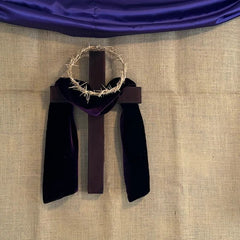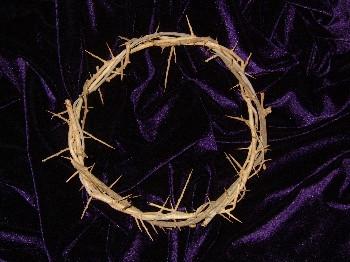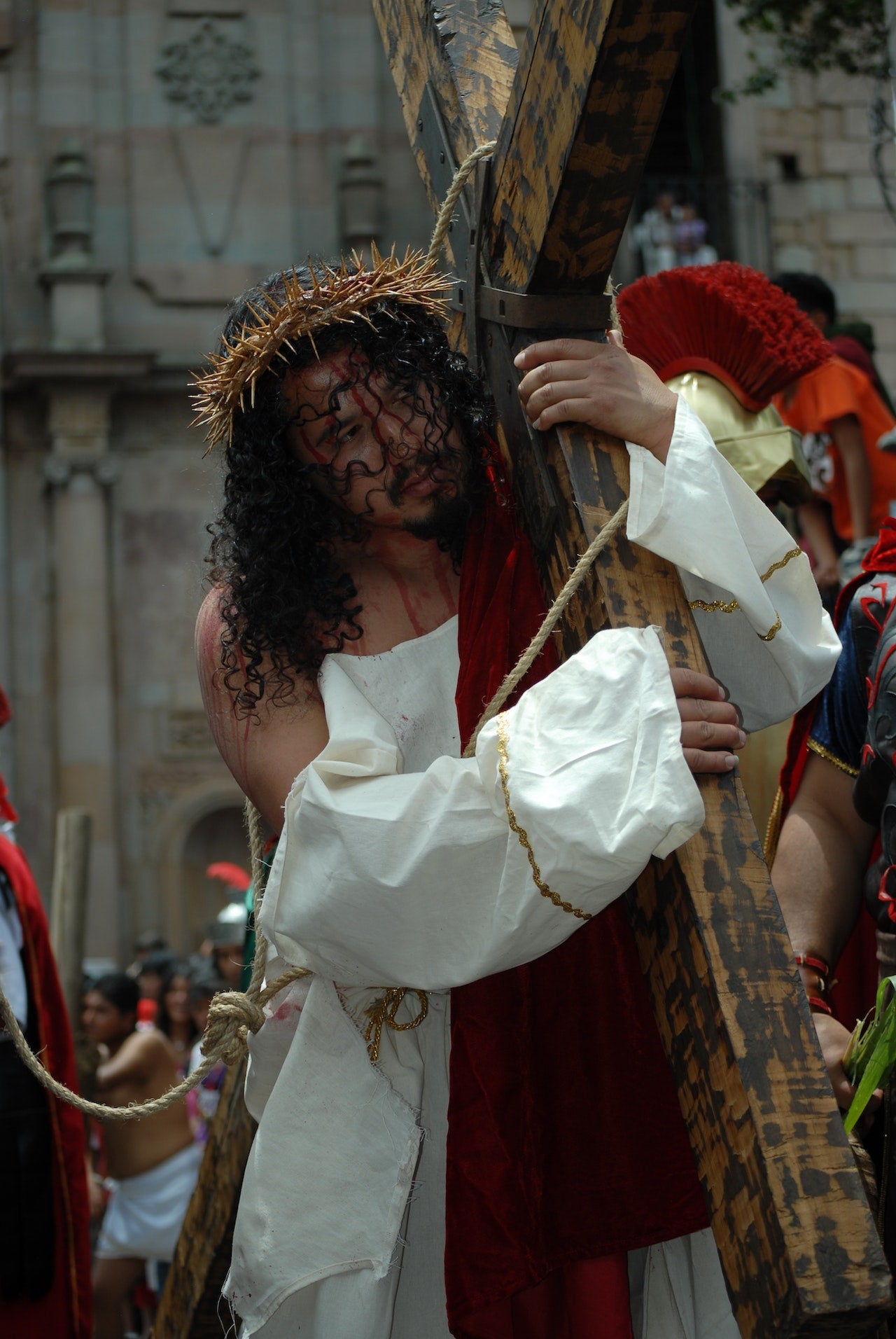Why Do We Fast?
Ash Wednesday is commemorated as a most devout ritual within the entirety of Holy Week and perhaps the entire Easter season. It is the time to dedicate true abstinence according to the Law of God, repent, humble yourself to gain absolution, and cleanse away all sins by rote of fasting.
Bound by Law
Put into effect in the early 11th century and adhered to by Canon Laws, this Catholic-associated practice of fasting was ascribed to everyone considered adult age from 14 years old and onward. The abstaining fast requires that no meat be consumed during Lent's entire 40 day period, which begins directly after Ash Wednesday.
Diet and Devotion
Meat is chosen because of its celebratory use during socializing. To not eat the flesh and fat is reserved for light-hearted festive gatherings. You are denoting your sacrificial devotion to show repentance. As the millenniums passed, fasting became synonymous with Fridays only and shows leniency for medically exempt patients.

Why Do We Overindulge Beforehand?
To prepare for the 40 days of faith, the Holy week now begins with fetes, parties, parades, carnivals, and general overindulging as traditionally witnessed on Mardi Gras in New Orleans Louisiana, and Rio de Janeiro, Brazil. Literally meaning Fat Tuesday, Mardi Gras celebrants take advantage of everything considered rich and decadent before pledging to repent. Fat Tuesday, also known as Shrove or Pancake Tuesday, allows one last chance to feed off the fats.
From the Ashes; Renewal
Beginning the following day, Ash Wednesday starts with the marking sign of the crucifix on your forehead with ashes. The ashes are supplied by the prior years saving of the Palm Sunday fronds as Palm Sunday celebrates the arrival of Jesus as He entered Jerusalem as noted in John 12:13; "They took palm branches and went out to meet him, shouting, "Hosanna!" "Blessed is he who comes in the name of the Lord!" "Blessed is the king of Israel!"
The other comparison to ashes could signify the emergence of a phoenix rising from the ashes from its death to resurrection, much like the Son of God one week following Palm Sunday. To bear the sign of ashes signifies and solemnizes your commitment to repent from the past year's sins and to go forward after Lent with a clear conscience and free of sin.
Deeper Biblical Roots
Further considerations as to why Ash Wednesday is significantly present in Lenten devotions can be recollected biblically. Beginning with the rite of Passover, when the Israelites were led to freedom after being saved from genocide spurned on by Egyptian Law, they sought out the Promised Land as Moses discovered after the Exodus.
The 40 years journey undertaken after was a direct punishment by God as the freed people broke the Ten Commandments in a show of debaucherous celebration, including feeding freely of the fatted calf slaughtered in hedonistic fashion.
Surviving on only quail and manna as basic sustenance to provide the necessary food to exist while serving out their penance, God cast them out to wander the deserts with just the fowl and manna to live on until their "fast" was complete.
To Break the Fast
There are countless ways to feed the soul. Studying and practicing your faith, attending services, reaching out for spiritual guidance, and giving praise where praise is due. Be humble, obey the words of your clergy and remain true to the traditions of holidays and observances.
In other words, hold fast to the phrase "God will provide." as supported in the book of Phillippians, 4:19. "And my God will supply every need of yours according to his riches in glory in Christ Jesus."
No matter how you choose to show your devotion in accordance with your beliefs surrounding the Holy Week, Lent, Good Friday, Palm Sunday, and Easter itself, never lose sight of the greatest sacrifice of all that was shed for you. Gather in peace, live in the light, and embrace each new beginning with hope, glory, and benevolence.







